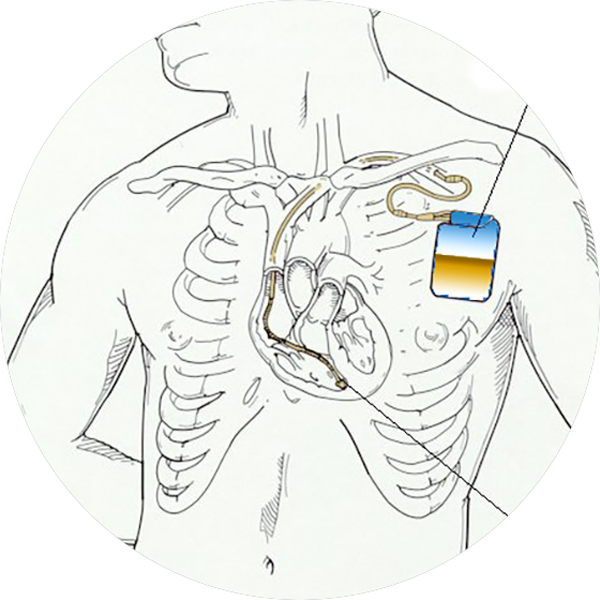Home > News Briefs – FEBRUARY 2025
News Briefs – FEBRUARY 2025
by INELDA
Indiana Appeals First Amendment Decision Ruled in Doula’s Favor
The case of Lauren Richwine—the Indiana end-of-life doula who has been in a legal battle with the state since receiving a cease and desist order mandating that she stop discussing funeral concerns with her clients unless she obtained funeral-specific licensure—has taken another turn.
As of INELDA’s last update, Richwine had filed a lawsuit in federal court on First Amendment grounds. Since then, the U.S. District Court decision has reinforced Richwine’s First Amendment case, meaning that she could continue to discuss funeral planning with her clients without obtaining funeral director or funeral home licensures.
The state of Indiana appealed that decision. This January, the 7th District Court of Appeals took the decision under advisement in order to determine the central legal question in the case: whether the state’s interest in governing funeral licensure outweighs Richwine’s First Amendment rights.
As the case stands now, Richwine is able to continue providing her full suite of services to her clients at Death Done Differently. INELDA members can view the recording of our 2024 town hall, cohosted with the National End-of-Life Doula Alliance, featuring Richwine’s legal team. Visit the Institute for Justice to follow the latest news on the case.

Dementia Numbers Expected to Grow
An estimated 6 million people in the United States live with dementia—a number that researchers expect to skyrocket in the coming decades. By 2060, a million people each year will develop the condition, according to research recently published in Nature Medicine.
The research team, led by epidemiologist Josef Coresh of New York University’s Grossman School of Medicine, predicts that 42% of people 55 and over in the United States will develop dementia, a figure that’s roughly double the conclusions drawn by other teams. The revised estimate is drawn from a more diverse population sample than previous studies and uses a broader array of methods, including hospital records and phone calls to participants.
Women and Black adults are estimated to have higher lifetime risk, as are those with carriers of a gene variant known to be associated with Alzheimer’s specifically.
Amid the news, Coresh notes that “a lot of dementia risk is modifiable,” as he told Science News. In addition to exercising and tending to one’s cardiovascular health, recent research shows that older adults with hearing loss who used hearing aids had a lower rate of cognitive decline.
Implantable Cardioverter Defibrillators Linked to Aggressive End-of-Life Care
Recent research published in Cancer shows that having an implantable cardioverter defibrillator (ICD) may lead to more aggressive end-of-life care in older cancer patients. While only 6% of the people included in the study—all of whom died from cancer between 2005 and 2016 and were age 66 or older—had an ICD, the shared risk profile for cancer and heart disease indicates that health care professionals may want to conduct further study.
Care related to ICDs can present opportunities for aggressive end-of-life care, including emergency department visits, hospitalizations, and invasive or life-extending procedures. “We found that individuals with ICDs had higher likelihood of every indicator of aggressive end-of-life care other than receipt of chemotherapy,” the authors write.
But ICDs also present health care practitioners with more opportunities to discuss end-of-life implications of having an ICD, including goals of care and device activation. Nearly half of the people with an ICD in the study had such an opportunity in the last six months of their life.


